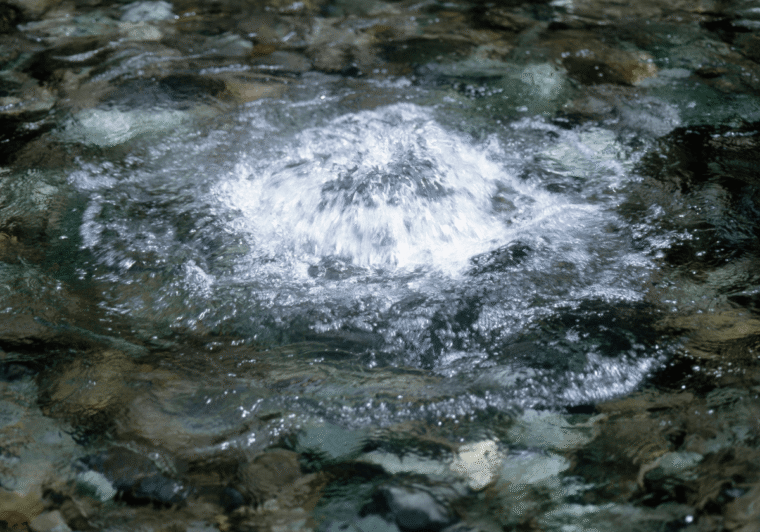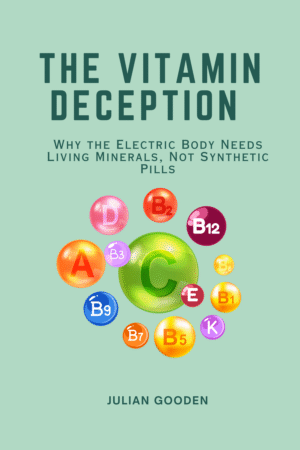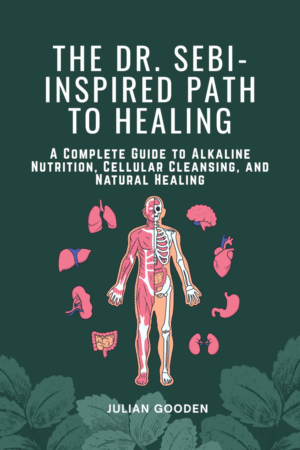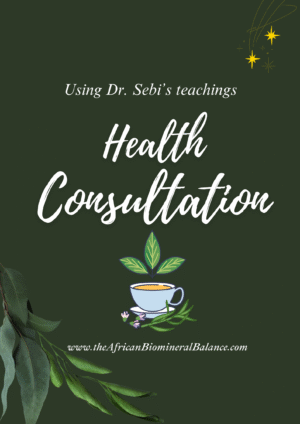Water is life. Every cell, tissue, and organ in the human body depends on water to function properly. Hydration plays a critical role in maintaining overall health, from regulating body temperature to flushing out toxins. Yet, many people underestimate its importance and may suffer silently from chronic dehydration.
Why Hydration Matters
- Cellular Function: The human body is made up of approximately 60-70% water. Every biological process—including digestion, circulation, nutrient absorption, and waste elimination relies on adequate hydration.
- Detoxification and Waste Removal: Water helps flush toxins and metabolic waste from the body, especially through the kidneys and liver. Without sufficient hydration, toxins may build up, leading to fatigue, headaches, and other signs of imbalance.
- Supports Brain and Nerve Function: Dehydration can impair cognitive function, cause irritability, and reduce focus. The brain needs proper hydration to maintain electrical energy and efficient communication between neurons.
- Regulates Body Temperature: Through sweating and respiration, water helps the body cool itself, particularly during physical activity or in hot environments. Proper hydration prevents overheating and supports physical endurance.
- Maintains Healthy Skin and Joints: Water supports skin elasticity and moisture, reducing dryness and the appearance of aging. It also lubricates joints, easing movement and reducing the risk of joint pain or stiffness.
- Digestive Health: Water is essential for breaking down food and absorbing nutrients. It also keeps the bowels regular and helps prevent constipation.
Signs of Dehydration
- Dry mouth and lips
- Fatigue or dizziness
- Headaches
- Dark-colored urine
- Muscle cramps
- Lack of focus or brain fog
How to Stay Hydrated Naturally
- Drink spring water or naturally alkaline water when possible.
- Eat hydrating fruits and vegetables, like cucumbers, melons, berries, and leafy greens.
- Avoid sugary drinks, caffeine, and alcohol, which can dehydrate the body.
- Listen to your body, thirst is a late signal. Sip water consistently throughout the day, not just when thirsty.
- Carry a reusable water bottle.
- Infuse water with fruits or herbs for flavour.
- Monitor urine color (pale yellow indicates good hydration).
- Use herbal teas made from natural herbs like elderflower, nettle, or raspberry leaf, which offer minerals while hydrating.
Hydration and the Electric Body
From a natural or Dr. Sebi-inspired perspective, hydration is about more than just water – it’s about electrical conductivity. Natural spring water carries minerals that help conduct electricity in the body, keeping the nervous system vibrant and alive. Just like plants need living water to thrive, so does the human body.
Conclusion
Hydration is not optional, it’s essential. It’s a foundation of wellness that affects every system in the body. Prioritizing clean, mineral-rich water and water-rich foods can enhance energy, mental clarity, and cellular health. When you nourish your body with the water it needs, you invite healing, balance, and vitality.
References
- Mayo Clinic: mayo.edu/health-topics/hydration
- Harvard Health Publishing: health.harvard.edu/staying-healthy
- National Institutes of Health (NIH): nih.gov/health-information
- World Health Organization (WHO): who.int/health-topics/water














